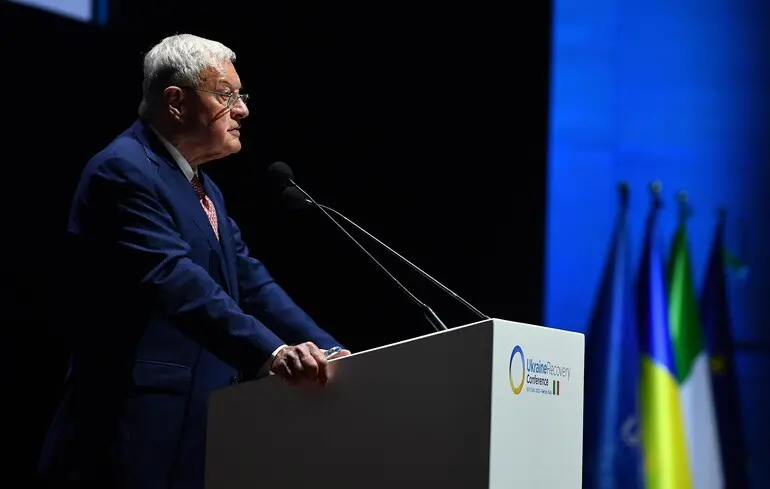Why Donald Trump Gave Vladimir Putin Two-Week Deadlines for Peace Negotiations: An In-Depth Analysis

Amid recent developments and discussions surrounding diplomatic efforts to resolve the conflict between Russia and Ukraine, it is crucial to analyze the stance of former U.S.
President Donald Trump and his approach to negotiations with Vladimir Putin.
Special envoy of the American leader, Kit Kellogg, revealed details about why Trump periodically set two-week deadlines for reaching a compromise.
According to him, the main idea was to utilize all opportunities for diplomatic and peaceful resolution, hoping to eventually forge a peace agreement.Kellogg emphasized that Trump always prioritized diplomacy as the primary method to resolve crises, although he later understood the situation was far more complex.
The former president was convinced he was winning in this conflict and therefore was reluctant to sign a final deal, preferring to wait for a complete ceasefire.
Kellogg pointed out that the major obstacle to peace is Putin’s belief that he is winning the war, which causes him to refuse to make concessions.He added that initially, Trump favored negotiation processes, aiming to provide diplomacy with maximum opportunities.
According to estimates, a swift end to the war could be possible within 24 hours, but individual personalities and their perceptions complicate the process.
Ukraine is ready for compromise, but according to Kellogg, Putin is under the influence of illusions, believing he is winning.Reflecting on Trump’s recent statements, it has become clear that he was disappointed with how the situation unfolded and thought that his relationship with Putin could swiftly resolve the conflict.
However, this did not materialize, leaving the situation complex.
Kellogg concludes that although the U.S.
still holds many cards, the prospect of a quick peace remains open if diplomatic options are considered, and parties stop believing in victory through illusions that only worsen the negotiation dynamics.

